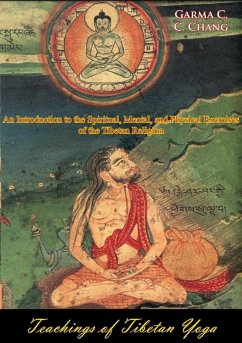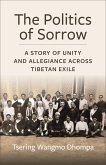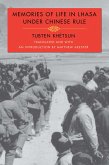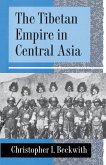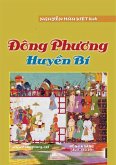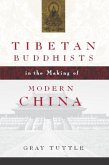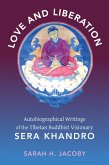The author-translator of this book was born in China of aristocratic parentage some fifty years ago. In early youth he became the disciple of a Buddhist Guru in a part of China near Tibet. His Guru sent him to Tibet to further his training. After eight years in Tibetan monasteries, six of them under one Guru, he went to school in the West to study animal husbandry and bring his knowledge hack to Tibet. The Communist victory in China and the Communist invasion of Tibet cut him off from returning. His devotion to Tibetan Buddhism is now expressed by translating into English its hitherto unknown teachings.This Book is an extremely concentrated introduction to the mental, physical, and spiritual exercises of Tibetan Buddhism, emphasizing the practice of Yoga exercises. The key to its understanding is the learning of Dumo-the generating of internal heat in one's body.Dumo's special meaning for Tibetan Yoga flows from the profoundly anti-ascetic and anti-pessimistic doctrine of Tantric Buddhism. The author means precisely what he says when he explains that opposites are also inseparable unities and that the best example of this is that the human body-mind can be made into the body of Buddha. Sexual bliss can become divine bliss.This work will both introduce the reader to the tranquility of yoga and, at the same time, lead him to explorations in the field of erotic mysticism.Richly illustrated throughout.
Dieser Download kann aus rechtlichen Gründen nur mit Rechnungsadresse in A, B, BG, CY, CZ, D, DK, EW, E, FIN, F, GR, HR, H, IRL, I, LT, L, LR, M, NL, PL, P, R, S, SLO, SK ausgeliefert werden.

